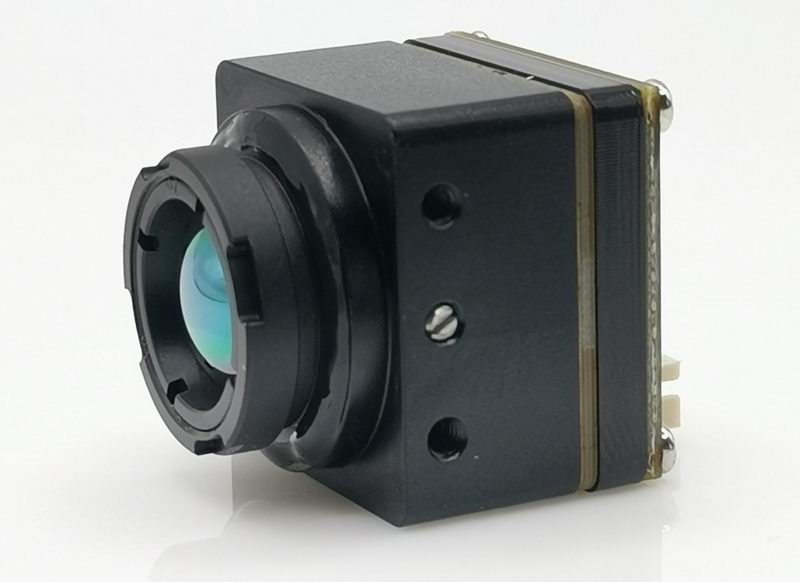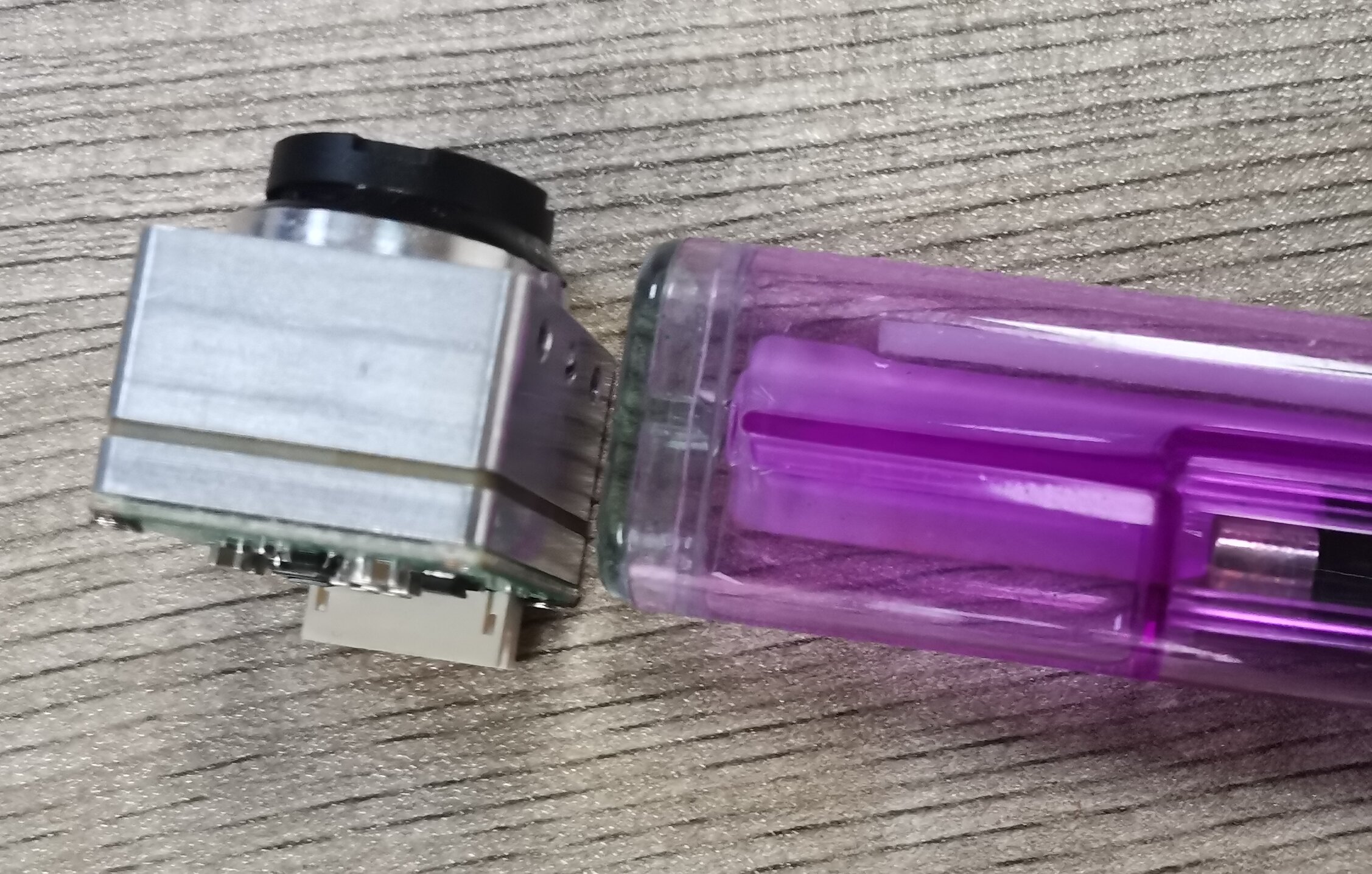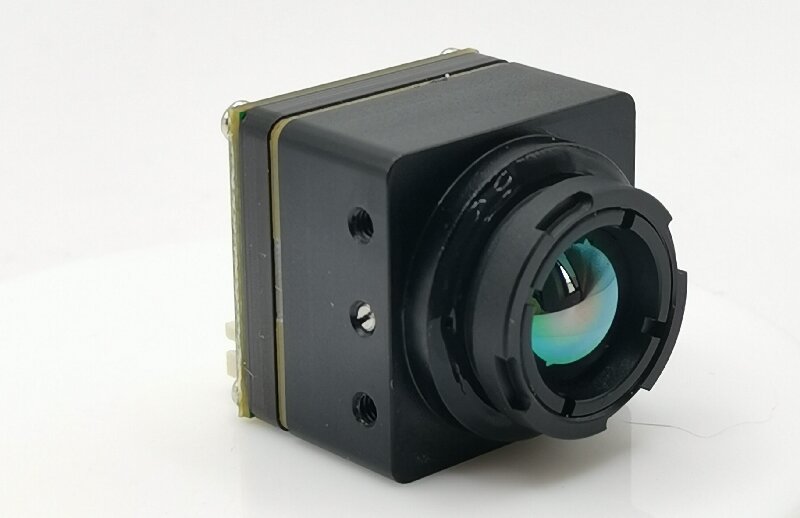Exploring Professional IR Cameras: Uses and Technology-iSun(VeryTek)

Thermography cameras, also known as thermal imaging cameras, play a pivotal role in various professional settings. Crucial for safety, efficiency, and accuracy, these advanced devices have become indispensable tools across industries. This blog delves into the realm of thermal cameras, exploring their significance and diverse applications. From industrial predictive maintenance to medical diagnostics and security surveillance, the capabilities of pTG cameras are vast and impactful.
Understanding IR Cameras
What is Infrared (IR) Technology?
In the realm of Thermography and Thermal Imaging, Infrared (IR) Technology serves as the cornerstone. This technology operates beyond the visible spectrum, detecting thermal radiation emitted by objects. By capturing this radiation, IR cameras translate it into visual data, enabling the identification of temperature variations.
How IR Cameras Work
The functionality of IR cameras revolves around their ability to detect infrared radiation. These cameras utilize specialized sensors that convert the detected radiation into electrical signals. Subsequently, sophisticated algorithms process these signals to generate thermal images with temperature representations. Through this intricate process, thermal cameras provide invaluable insights across various applications.
Historical Context
Evolution of IR Camera Technology
The evolution of modern thermal imaging has been a remarkable journey marked by technological advancements and innovative applications. Over time, Thermal cameras have transitioned from bulky, cumbersome devices to compact and high-resolution tools. The integration of cutting-edge sensor technologies has significantly enhanced the accuracy and efficiency of these devices.
Key Milestones in IR Camera Development
Throughout history, key milestones have shaped the trajectory of IR camera development. Advancements in semiconductor technology and infrared detector capabilities have propelled the widespread adoption of thermal imaging solutions. By 2006, the utilization of thermal imaging using infrared cameras had become increasingly common among home inspectors and contractors.
Applications of Professional IR Cameras

Industrial Applications
In various industries, Thermography and Thermal Imaging cameras are extensively utilized for critical functions. These advanced devices contribute significantly to predictive maintenance programs, ensuring optimal operational efficiency and equipment reliability. Moreover, they play a pivotal role in maintaining stringent quality control standards, enhancing overall product integrity.
Medical and Healthcare
Within the realm of medical and healthcare facilities, Thermal cameras serve as indispensable tools for diagnostic imaging procedures. By capturing thermal signatures with precision, these devices enable healthcare professionals to identify anomalies early on, facilitating timely interventions. Additionally, in monitoring and treatment applications, IR cameras provide invaluable insights into patient care and therapeutic processes.
Security and Surveillance
The integration of pTG cameras in security and surveillance systems has revolutionized monitoring capabilities. With advanced night vision functionalities, these cameras ensure enhanced visibility even in low-light conditions. Furthermore, their application in border and perimeter security enhances threat detection mechanisms, safeguarding critical infrastructures effectively.
Environmental and Scientific Research
Wildlife Monitoring
Infrared cameras have revolutionized wildlife monitoring practices by offering non-intrusive observation capabilities.
The precise detection of thermal signatures enables researchers to track animal movements discreetly.
By capturing temperature differentials in the environment, these cameras provide valuable insights into wildlife behavior and habitat preferences.
Climate Studies
In the realm of climate studies, infrared cameras serve as indispensable tools for environmental research.
Detecting thermal patterns across landscapes allows scientists to analyze heat distribution and variations.
Through thermal imaging technology, researchers can assess ecological changes and monitor climate trends with enhanced precision.
Technological Advancements in IR Cameras

Sensor Technology
Types of IR Sensors
Thermal Imaging Sensors: These sensors are designed to detect infrared radiation emitted by objects, converting it into electrical signals for further processing.
Quantum Infrared Sensors: Utilizing quantum mechanics principles, these sensors offer high sensitivity and accuracy in capturing thermal data.
Sensitivity and Resolution
Achieving optimal sensitivity is crucial for accurately detecting temperature differentials in various applications.
Resolution, particularly IR resolution, determines the level of detail and clarity in thermal images, impacting the precision of temperature measurements.
Software and Analytics
Image Processing Algorithms
Advanced image processing algorithms enhance the quality and interpretability of thermal images, allowing for precise temperature analysis.
By applying sophisticated algorithms, thermal cameras can extract valuable insights from complex thermal data sets efficiently.
Integration with Other Systems
Seamless integration with existing systems is essential for maximizing the utility of IR cameras across diverse industries.
The compatibility of thermal imaging devices with other technologies enables comprehensive data analysis and streamlined operational processes.
Future Trends
Miniaturization
The trend towards miniaturization in IR camera design aims to create compact yet powerful devices for enhanced portability and versatility.
Smaller form factors coupled with advanced functionalities pave the way for broader adoption of thermal imaging technology.
Enhanced Connectivity
Emphasizing enhanced connectivity features facilitates real-time data transmission and remote access capabilities for improved operational efficiency.
Integrating IR cameras with wireless communication protocols enhances data sharing and collaboration among multiple stakeholders.
Highlighting the fundamental aspects of Thermography and Thermal Imaging, this exploration underscores the pivotal role of Thermal cameras in diverse sectors. The increasing reliance on pTG technology signifies its growing significance in industrial, medical, and security domains. Looking ahead, the future of IR cameras promises continued advancements and innovations, shaping a landscape of enhanced efficiency and precision.
See Also
Discovering the Benefits of Thermal Imaging Cameras in Different Sectors
Uncovering the Uses of Thermal Imaging Cameras in Field Gear
Investigating the Flexibility of Thermal Imaging Cameras in Field Gear
2024 Overview: Thermal Cameras for Drones - Investigating Varieties & Innovations
Contact Us: Ms. Coco Huang
E-mail: sales@iasun.cn
WhatsApp/Wechat: +86 13510421923

